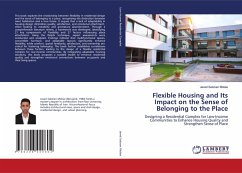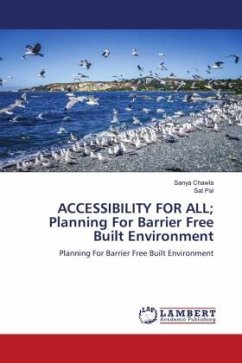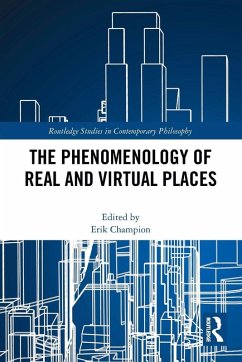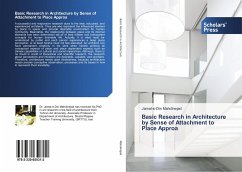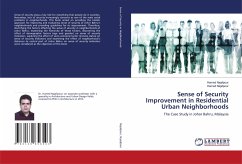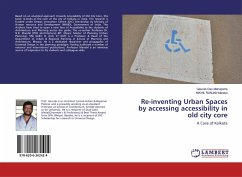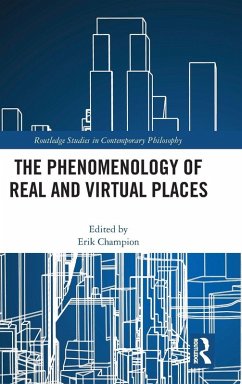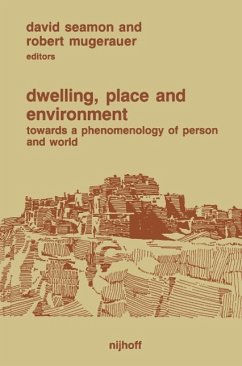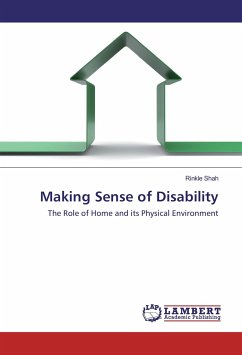
Making Sense of Disability
The Role of Home and its Physical Environment
Versandkostenfrei!
Versandfertig in 6-10 Tagen
49,99 €
inkl. MwSt.

PAYBACK Punkte
25 °P sammeln!
For individuals with disability, the study finds that their sense-making can be grouped according to three superordinate themes: re/adapting to corporeal changes; embracing the unworkable; and assiduous pursuit of quotidian ease. For their primary family caregiver sense-making is described in relation to the superordinate themes of: dealing with confrontation; being there with the intrafamilial; and embracing difference. Collectively, as a household, sense-making involves: re/asserting the normative; re/negotiating change; facilitating creativity and experimentation; conquering the fragility o...
For individuals with disability, the study finds that their sense-making can be grouped according to three superordinate themes: re/adapting to corporeal changes; embracing the unworkable; and assiduous pursuit of quotidian ease. For their primary family caregiver sense-making is described in relation to the superordinate themes of: dealing with confrontation; being there with the intrafamilial; and embracing difference. Collectively, as a household, sense-making involves: re/asserting the normative; re/negotiating change; facilitating creativity and experimentation; conquering the fragility of life and its contingencies. These superordinate themes are explored through twenty-seven subordinate themes illustrated verbally through the voices of the participants and visually through images of the participants in their homes. While the findings highlight the role of these elements and the study's contribution to the spatial design disciplines, it also enhances our understanding of disability and how its meaning is ecologically negotiated over time and space.



